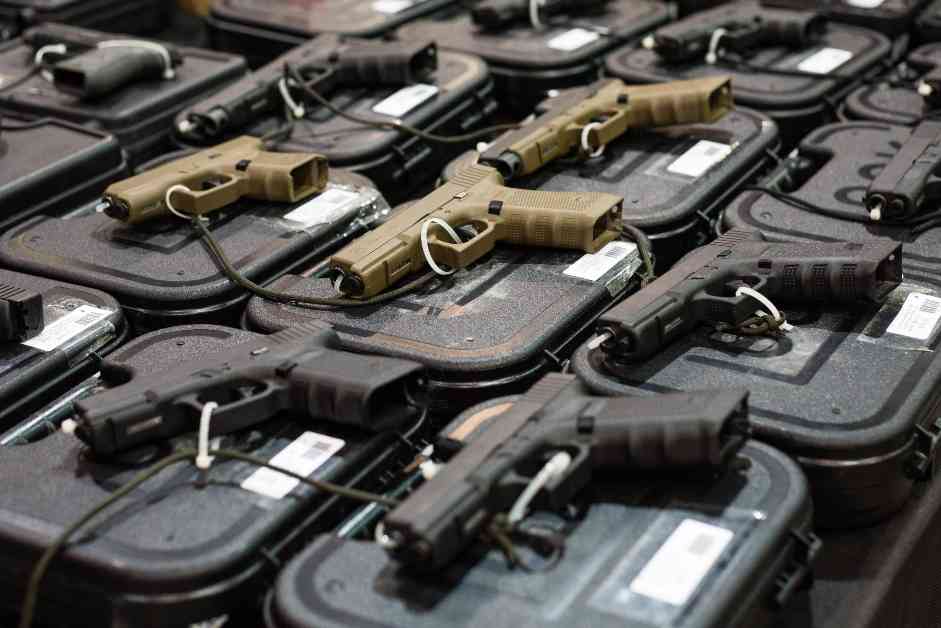A recent analysis conducted by the Chicago Appleseed Center for Fair Courts has shed light on the impact of gun possession laws on gun violence. The report, titled Punishing Fear: The Devastating Impacts of the War on Gun Possession in Chicago, reveals that criminalizing firearm possession leads to increased incarceration rates without effectively reducing gun violence.
The study confirms the long-standing arguments of marginalized groups that targeted policing of gun possession, strict gun laws, and increased surveillance in Black and Brown communities do not address safety concerns but exacerbate them. The report emphasizes that the criminalization of gun possession has made communities less safe by disproportionately affecting Black men, teenagers, and children who carry guns for self-protection in areas with high rates of gun violence.
Naomi Johnson and Austin Segal, along with other researchers from the Chicago Appleseed Center, presented their findings at a virtual press conference attended by community stakeholders, legal experts, and advocacy organizations. The report, based on public data from law enforcement agencies and crime reporting sources, underscores the struggles faced by individuals in marginalized communities who acquire guns out of safety concerns.
The report highlights the hypercriminalization of guns and the impact of strict gun laws on Black and Latine communities in Chicago. It also discusses the ineffectiveness of harsh gun laws in addressing underlying issues such as segregation, poverty, and accessibility to guns. The researchers argue that mass incarceration resulting from gun possession cases further destabilizes communities and fails to address the root causes of gun violence.
Illinois has some of the strictest gun licensure laws in the country, making it challenging for Black communities to navigate legal avenues to gun ownership. The report points out that law enforcement’s calls for stricter gun laws and increased policing have disproportionately targeted Black neighborhoods in Chicago, exacerbating racial disparities in gun possession cases.
To address gun violence effectively, the report suggests implementing community-based harm reduction practices that center the voices of communities of color and those impacted by gun violence. It advocates for divesting from carceral strategies and adopting compassionate, evidence-based public health frameworks to reduce gun violence and improve community safety.
Community-based nonviolence organizations like Stick Talk, Ujimaa Medics, and GoodKidsMadCity play a crucial role in directly engaging with individuals impacted by gun violence. The report emphasizes the need for increased investment in these organizations to enhance their capacity to reduce gun violence and improve community safety.
In conclusion, the report calls for a shift towards harm reduction practices and away from punitive approaches to gun possession. By prioritizing community-based solutions and investing in organizations that work directly with affected communities, Chicago can address the root causes of gun violence and create a more equitable system of gun possession.


